Edward Jenner was a British doctor and naturalist. He is considered the father of immunology, the branch of medicine that studies the characteristics of the immune system and the responses it provides to disease. Edward Jenner was born into a middle-class family in Berkeley, in Gloucestershire county, on May 17, 1749. He studied anatomy and surgery in London, serving as an assistant to the celebrated doctor John Hunter. Jenner was not drawn to academia. When he finished his studies in 1773, he returned to Berkeley and became a country doctor. He remained interested in observing nature, becoming a member of the Royal Society in 1789 thanks to his studies of the behavior of the cuckoo.
At the time, one of the biggest health problems the population faced was smallpox, a very contagious and often deadly disease that creates fever and pus-filled blisters. Smallpox epidemics were devastating. Children who contracted the disease almost always died, as did 40% of infected adults. Survivors became immune to the disease. While visiting local farms, Jenner learned that a similar, milder form of smallpox existed. It was called cowpox, and although it mainly infected cattle, it could also infect human beings. Those who caught it and then recovered also became immune to smallpox. Jenner got the idea that it might be possible to make healthy people immune to smallpox, using fluids from animals or people with cowpox. Over the next 20 years, he worked on his cure. In 1796, he decided to test it. Jenner could not try the cure on himself because he was already immune to smallpox. He tested it on James Phipps, his gardener’s young son. He poked a needle into the blister of a peasant woman with cowpox, and then plunged the same needle into little James. As expected, the boy contracted cowpox and became ill. Jenner waited a few weeks until the child healed. Then he exposed him to blisters containing the smallpox virus. As he had hoped and expected, little James did not become sick. Jenner’s method would later be called vaccination.
The Church considered vaccination a sacrilegious kind of melding of man and animals, and condemned the practice. Nonetheless, by the early 19th Century, Jenner’s method had begun to wipe out smallpox. In 1805, French emperor Napoleon Bonaparte ordered vaccinations for the French army. Edward Jenner died in Berkeley on January 26, 1823. He was 73. In 1980, the World Health Organization declared that smallpox had been effectively eradicated from our planet.
At the time, one of the biggest health problems the population faced was smallpox, a very contagious and often deadly disease that creates fever and pus-filled blisters. Smallpox epidemics were devastating. Children who contracted the disease almost always died, as did 40% of infected adults. Survivors became immune to the disease. While visiting local farms, Jenner learned that a similar, milder form of smallpox existed. It was called cowpox, and although it mainly infected cattle, it could also infect human beings. Those who caught it and then recovered also became immune to smallpox. Jenner got the idea that it might be possible to make healthy people immune to smallpox, using fluids from animals or people with cowpox. Over the next 20 years, he worked on his cure. In 1796, he decided to test it. Jenner could not try the cure on himself because he was already immune to smallpox. He tested it on James Phipps, his gardener’s young son. He poked a needle into the blister of a peasant woman with cowpox, and then plunged the same needle into little James. As expected, the boy contracted cowpox and became ill. Jenner waited a few weeks until the child healed. Then he exposed him to blisters containing the smallpox virus. As he had hoped and expected, little James did not become sick. Jenner’s method would later be called vaccination.
The Church considered vaccination a sacrilegious kind of melding of man and animals, and condemned the practice. Nonetheless, by the early 19th Century, Jenner’s method had begun to wipe out smallpox. In 1805, French emperor Napoleon Bonaparte ordered vaccinations for the French army. Edward Jenner died in Berkeley on January 26, 1823. He was 73. In 1980, the World Health Organization declared that smallpox had been effectively eradicated from our planet.
RELATED
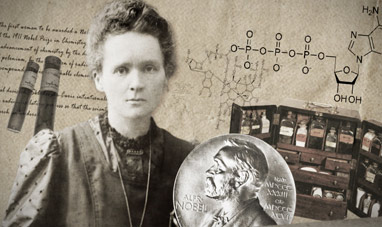

MARIE CURIE
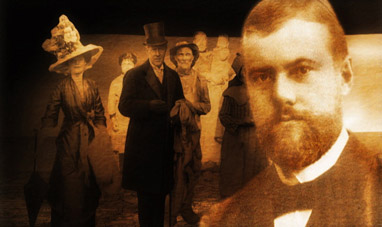

MAX WEBER
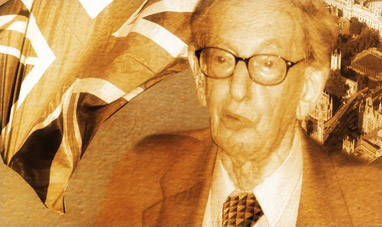

ERIC HOBSBAWM
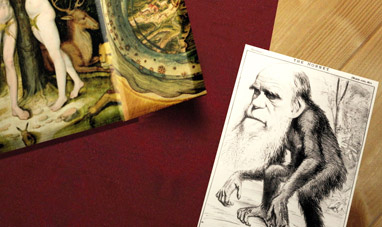

CHARLES DARWIN
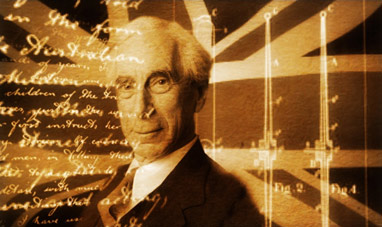

BERTRAND RUSSEL
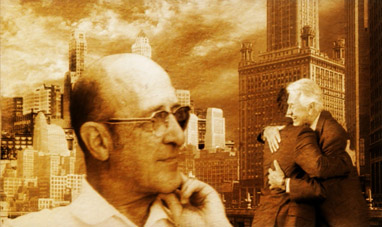

CARL ROGERS
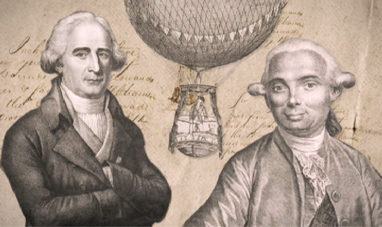

THE MONTGOLFIER BROTHERS
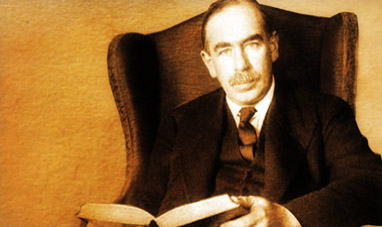

JOHN MAYNARD KEYNES
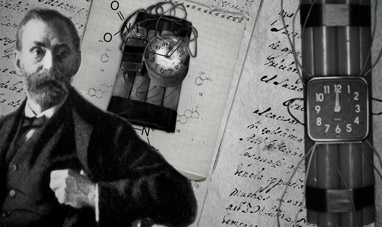

ALFRED NOBEL
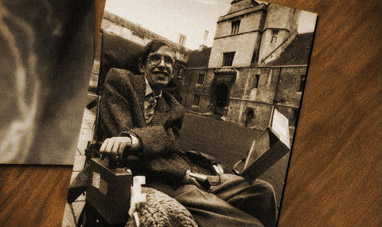

STEPHEN HAWKING
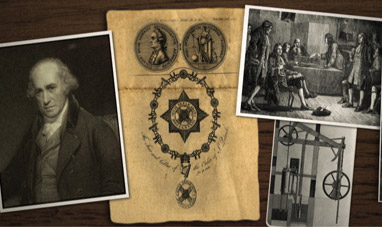

JAMES WATT
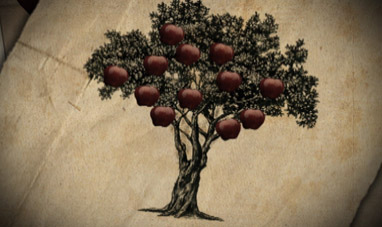

ISAAC NEWTON
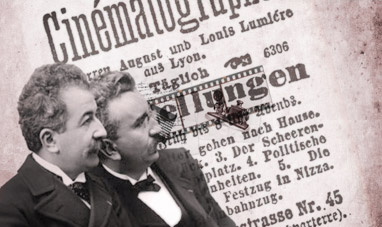

THE LUMIÈRE BROTHERS
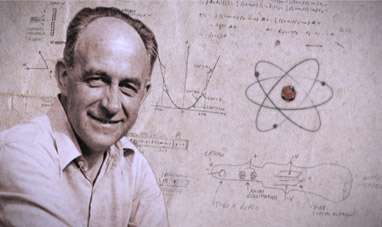

ENRICO FERMI
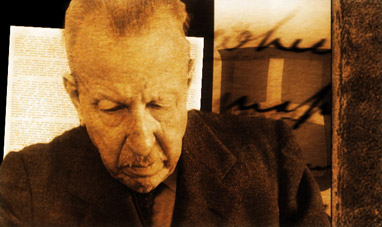

BENEDETTO CROCE
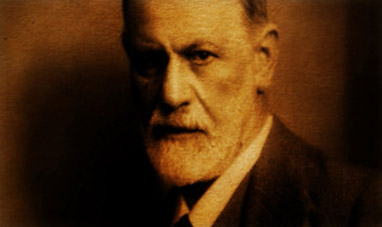

SIGMUND FREUD
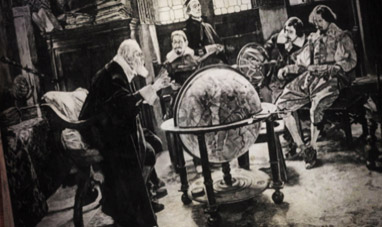

GALILEO GALILEI
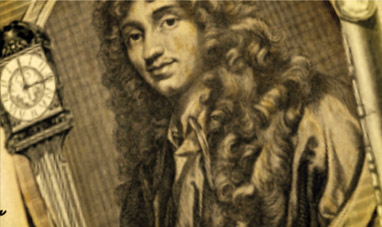

CHRISTIAAN HUYGENS
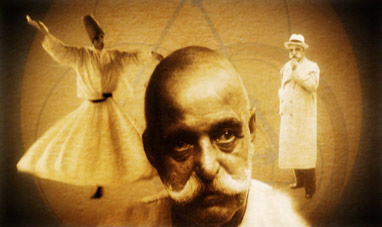

GEORGE IVANOVICH GURDJIEFF
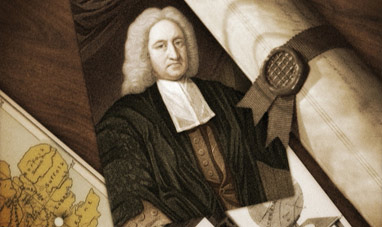

EDMUND HALLEY
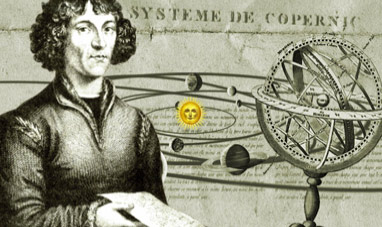

NICOLAUS COPERNICUS
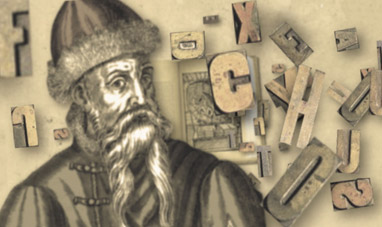

JOHANNES GUTENBERG
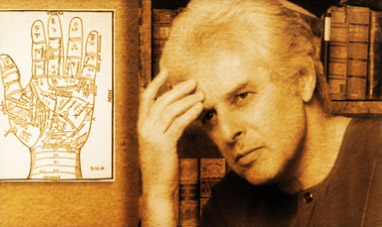

ALEJANDRO JODOROWSKY


GALEN
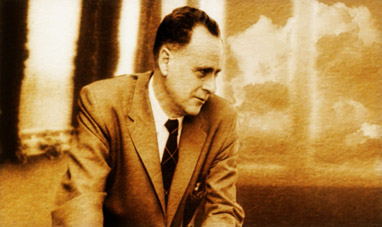

MARSHALL MCLUHAN
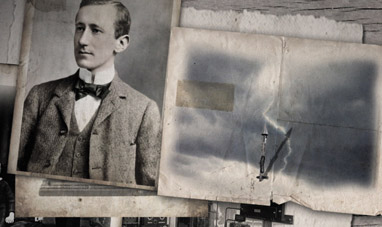

GUGLIELMO MARCONI
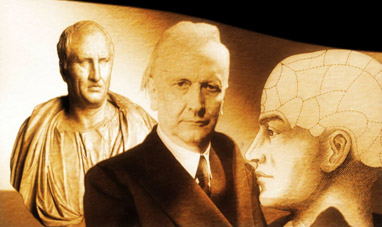

KARL JASPERS
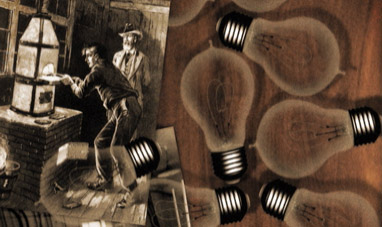

THOMAS ALVA EDISON
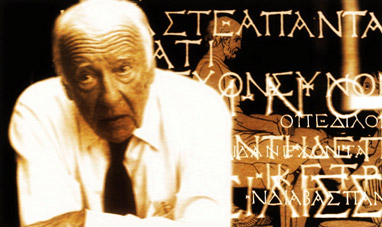

HANS GEORG GADAMER
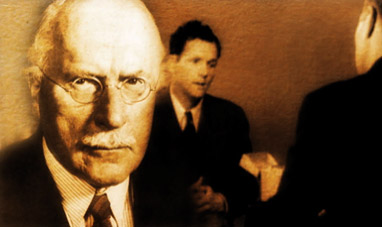

CARL GUSTAV JUNG
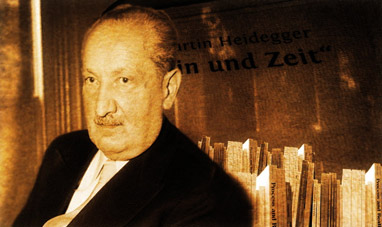

MARTIN HEIDEGGER
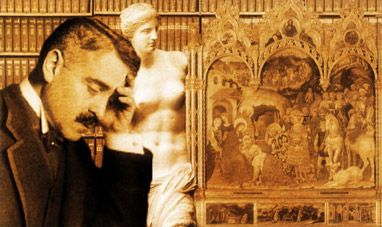

ABY WARBURG
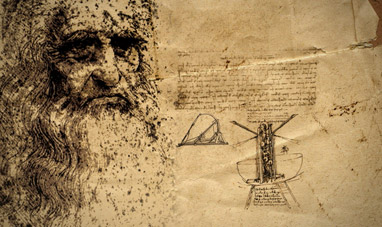

LEONARDO DA VINCI
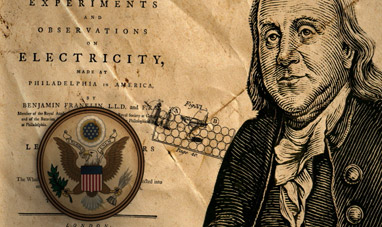

BENJAMIN FRANKLIN


ERICH FROMM
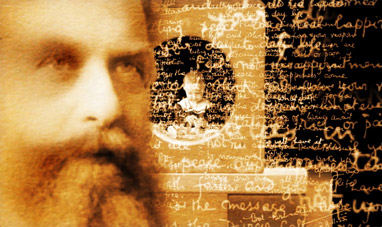

EDMUND GUSTAV ALBRECHT HUSSERL
